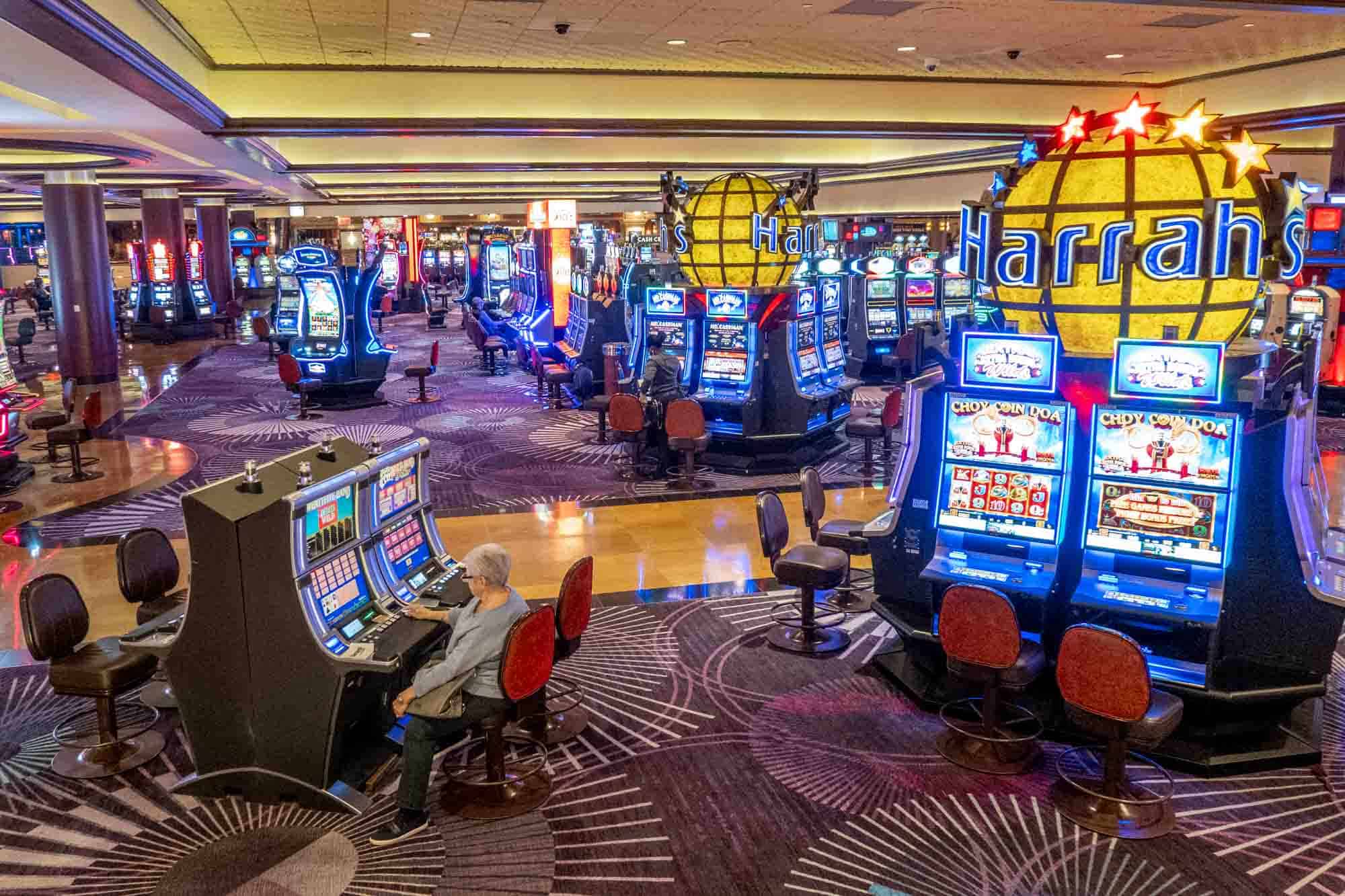
In the world of gambling, where chance and strategy intersect, a unique tapestry of beliefs unfolds—one that braids luck, fate, and the enigmatic nature of casino games. Casinos, bustling with excitement and anticipation, are not just places for placing bets; they are also arenas where superstitions thrive. From the novice player to the seasoned gambler, these mysterious practices often shape how individuals approach the games they play, holding the belief that their actions can affect the outcome in ways that go beyond mere probability.
When players gather around roulette wheels, blackjack tables, and slot machines, the atmosphere is thick with stories of lucky charms, rituals, and codified behavior that defy logic yet provide a sense of comfort. It could be the case that it’s wearing a specific outfit, following a particular sequence of bets, or even avoiding certain numbers, the attachment to various superstitions reflects a deep-rooted desire to master the uncontrollable. This article delves into the captivating world of casino game superstitions, examining the beliefs that both entertain and mystify those who dare to play.
Historical Beginnings of Superstitions
Gambling games have long been interwoven with an array of superstitions that can be traced to early civilizations. The origins of these ideas can be associated to humanity’s fundamental need to manage the unpredictable outcomes related with fortune and randomness. In ancient civilizations, games of uncertainty were often linked to religious practices. Players would call upon favor or request favor from deities, believing that their actions could change the odds in their favor. This groundwork laid the foundation for the myriad of superstitions that spread as betting evolved over ages.
During the Middle Ages, gambling became a widespread activity across the continent, and with it, a rich tapestry of superstitions emerged. Participants adopted numerous rituals and charms, believing they could influence the results of games. The value of digits, in particular, emerged to manifest in superstitions around card games and dice. The number seven was often considered lucky, while different numbers carried negative connotations. These notions mirrored the cultural contexts of the time, evolving as they transferred through generations and changed to different gaming environments.
As casinos emerged in the 17th century, particularly in the Italian peninsula and the French nation, the atmosphere surrounding betting became saturated in enigma. The growing availability of casino games allowed for the spread and variation of superstitions among players. Concepts like fortunate charms, designated seating arrangements, and rituals gained importance, creating a unique culture within casinos. As these practices continued to thrive, they became essential to the character of gambling games, illustrating how historical developments and society shape the notions that influence how players engage with fortune.
Common Gambling Superstitions
Beliefs surrounding casino games are plentiful and diverse, reflecting the dreams and anxieties of players as they participate in random games. One of the most common beliefs is that certain numbers bring fortune or misfortune. For example, the digit 7 is often seen as a lucky number, frequently sought after by gamblers looking for a positive outcome. Conversely, the digit thirteen is routinely considered cursed, leading many gamblers to avoid it during their gaming sessions.
Another frequent belief relates to rituals that players believe can influence their chances. It could be blowing gently on the dice before a roll, using a particular hand to place a bet, or even putting on specific items of clothing, many individuals feel that these rituals can sway fate in their favor. These rituals offer a sense of control in an otherwise random environment, strengthening the idea that luck can be created through individual beliefs and customs.
Lastly, the environment and atmosphere of the casino itself adds to myths. Many players suggest that the presence of specific icons, such as four-leaf clovers or fortunate coins, can enhance their chances of success. Additionally, players might hold to the belief that victory streaks can be interrupted by mundane events, such as someone passing by or a accident at the table. The collective atmosphere in a gambling house can amplify these superstitions, creating a communal culture of myths that transcends individual experiences.
Impact of Superstitions on Players
Beliefs play a important role in the psychology of gamblers, often influencing their behavior and choices. Many gamblers believe that luck can be influenced through different rituals, such as wearing a lucky charm, selecting specific colors, or avoiding certain numbers. This reliance on superstitions can create a feeling of control in an environment that is intrinsically unpredictable. Players frequently feel more self-assured and involved when they feel that their actions could sway the result of a game in their advantage.
The influence of these superstitions extends beyond individual players, affecting the general atmosphere inside the casino. For instance, a player who holds the belief in the luck of a certain slot machine might draw a gathering, as others are fascinated by their apparent success. This collective belief can amplify excitement and create a dynamic environment, leading to an engaging experience even for those who may not necessarily be superstitious. The excitement around specific games can lead to increased participation and extended playing sessions, supporting the casino’s vibrant social scene.
In some instances, superstitions can lead to negative effects for players. Zbet Relying too much on rituals can result in bad gambling decisions, as some may overlook basic strategies in favor of baseless beliefs. Additionally, the stress to perform rituals may increase anxiety and stress levels, detracting from the pleasure of the experience. Ultimately, while superstitions can enhance the thrill of playing casino games, they can also lead to poor choices that overshadow the fun and amusement intended in the casino experience.
